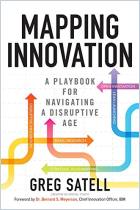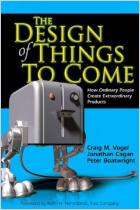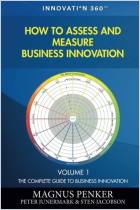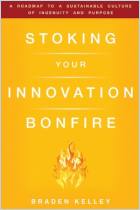Many companies use ineffective, silly techniques to innovate, including brainstorming sessions featuring NERF balls and fun foods to make the session enjoyable and productive. But brainstorming does not work, no matter how many balls you throw at it. Larry Keeley, Ryan Pikkel, Brian Quinn and Helen Walters – all of Doblin, the innovation consultancy – detail what does spark innovation. Their book explains 10 kinds of innovation in detail. They suggest tactics and methods for analysis and planning, and they explain how to foster productive, tailored creativity. getAbstract praises this book’s informative design, data-block layout and lively graphics as well as the authors’ well-developed, and even innovative, ideas.
Innovate or Die
Innovation is “the creation of a viable new offering.” Most organizations don’t know how to innovate, so most innovation projects fail. To learn how to develop organizational innovation, the Doblin consultancy examined 2,000 different innovations through the lenses of pattern recognition and other analytical techniques. This research identified 10 types of innovation.
The “10 Innovation Types”
Bringing about meaningful innovation involves combining at least five of the 10 different types of innovation, which fall into three categories: “configuration” (items one to four on the following list), “offering” (five and six) and “experience” (seven to ten). The 10 types of innovation are:
- “Profit model” – This is your business model – how your firm earns revenue. Fresh profit models break from industry standards on product offerings, pricing and collection procedures. Next Restaurant, for example, sells tickets to customers who buy their meals before dining and pay less during non-rush periods. Next earns interest on their payments.
- “Network” – How can you collaborate with external partners to build value you could...
Larry Keeley is president and co-founder of Doblin, the innovation practice of Monitor Group. Ryan Pikkel, design strategist, Brian Quinn, innovation program professional, and Helen Walters, writer, editor and researcher, work at Doblin.












Comment on this summary
Key takeaway for me is that the best approach is to take a few aspects at a time and not try to execute all 10 at a time.